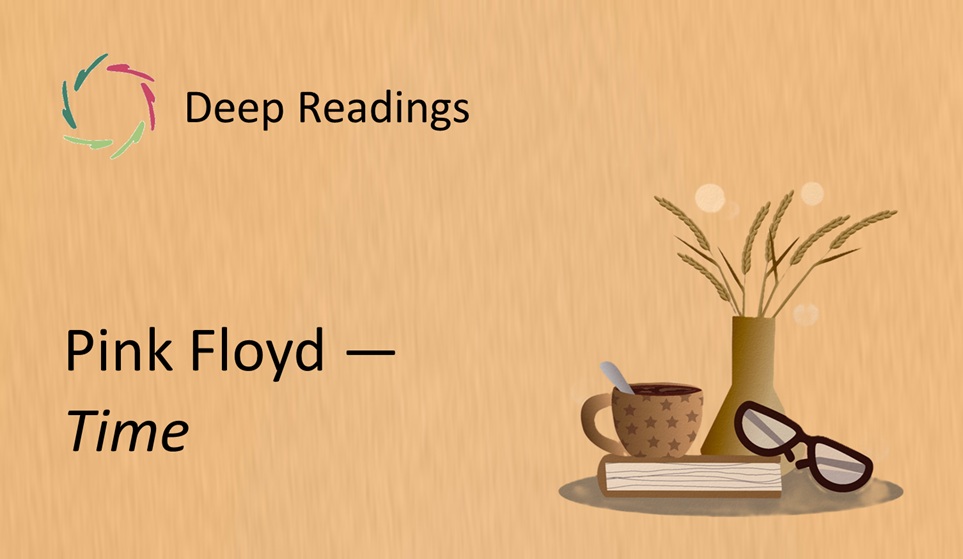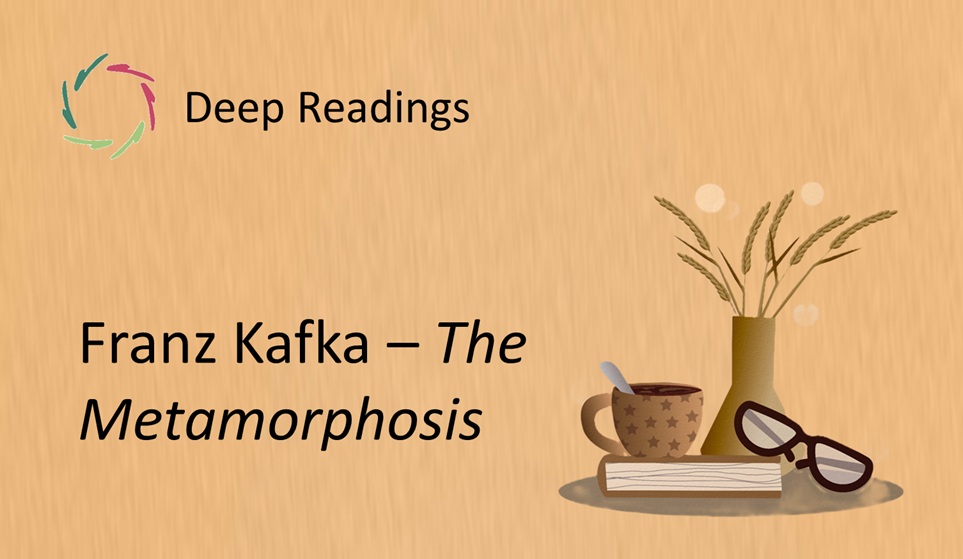Deep Readings: Murasaki Shikibu – The Tale of Genji

The Fragment
Original (Japanese, classical):
いとやむごとなき際にはあらぬが、すぐれて時めき給ふありけり。
はじめより我はと思ひあがり給へる御方方、めざましきものにおとしめ嫉み給ふ。
English rendering (by Lisa):
There was one lady, not of the highest rank, yet she shone with such brilliance that she eclipsed all others. From the first, those proud in their lineage despised and envied her, finding her presence unbearable.
(Public domain, early 11th century)
Contextual Glimpse
Murasaki Shikibu’s The Tale of Genji (early 11th century) is widely regarded as the first great novel in world literature. Written at the Heian court in Japan, it depicts the life and loves of Prince Genji and those around him. At the very beginning, Murasaki introduces Genji’s mother, the “Kiritsubo Consort.” She is not of the highest rank, yet her beauty and grace win the emperor’s devotion. Her radiance, however, also awakens jealousy and hostility from other ladies of higher status.
This opening sets the tone for the entire novel. In the Heian world, beauty and brilliance did not guarantee security. On the contrary, they often provoked rivalry and suffering. The Kiritsubo Consort’s fate shows how deeply intertwined personal gifts and social danger could be. It also foreshadows Genji’s own life, marked by both brilliance and sorrow.
Resonance
The fragment reveals how what shines brightest can also attract the sharpest shadows. Admiration and envy are often two faces of the same gaze. Murasaki shows that brilliance does not protect one from pain; it may even increase vulnerability. The Consort’s beauty makes her beloved, but it also isolates her, leaving her exposed to resentment.
This resonates across cultures and centuries. Each of us has seen how talent, charm, or success can draw both love and hostility. The novel’s opening reminds us that standing out is never neutral: to be luminous is also to be fragile. The cost of radiance is the shadow it casts.
Why this may also be about you
This is more than the story of a woman at the Heian court. It touches your life, too, because you carry gifts that make you shine in your own way. Sometimes these gifts draw appreciation, and sometimes they provoke envy or misunderstanding. To feel both at once is part of what it means to be human.
Perhaps you have known moments when being visible felt as much a burden as a joy. To be recognized can bring connection, but it can also expose you to judgment. The Kiritsubo Consort’s story mirrors this universal truth: our brilliance and our vulnerability are inseparable.
Lisa’s inspired, original idea about this fragment
Perhaps the Consort is more than a character; she is a symbol of the soul’s light. Our deepest radiance is rarely what society values most — it may come from humility, tenderness, or quiet beauty. Yet it is precisely this unranked light that is most powerful, because it cannot be reduced to status.
Envy, then, is not only external but internal. We sometimes resent our own gifts, fearing the burden they bring. To embrace our inner Consort is to accept both light and shadow: the truth that what makes us luminous also makes us vulnerable. In this acceptance lies dignity.
Echoes
The Kiritsubo Consort has echoed through a thousand years of Japanese culture. Her fragile radiance embodies the aesthetic of mono no aware — the sensitivity to beauty’s impermanence. Later literature, theater, and art have drawn on her figure as an emblem of fleeting brilliance. Her story continues to resonate with readers as the opening note of a long meditation on love and loss.
Beyond Japan, The Tale of Genji has influenced world literature, translated into dozens of languages and studied as the prototype of the modern novel. The Consort’s fate speaks across cultures: the paradox of being exalted and endangered at once. Her echo is universal, reminding us that brilliance, fragility, and envy are woven into the human fabric.
Inner Invitation
Close your eyes and recall a time when you felt radiant — perhaps admired for beauty, talent, or love. Then notice whether that moment also carried a sense of exposure, even fear. Allow both feelings to be present together: the joy of shining and the vulnerability of being seen.
Now ask yourself gently: can I honor my own light, even knowing it may draw shadow? Can I let myself shine without apology, trusting that vulnerability is part of the gift? Breathe into that question, and let its answer rest quietly within you.
Closing Note
Murasaki Shikibu shows us that beauty and vulnerability are bound together. The Kiritsubo Consort’s fragile radiance still shines across the centuries, reminding us that the soul’s light is always both gift and risk.
Keywords
beauty, envy, vulnerability, radiance, fragility, Heian, impermanence, jealousy, recognition, dignity, Murasaki Shikibu


